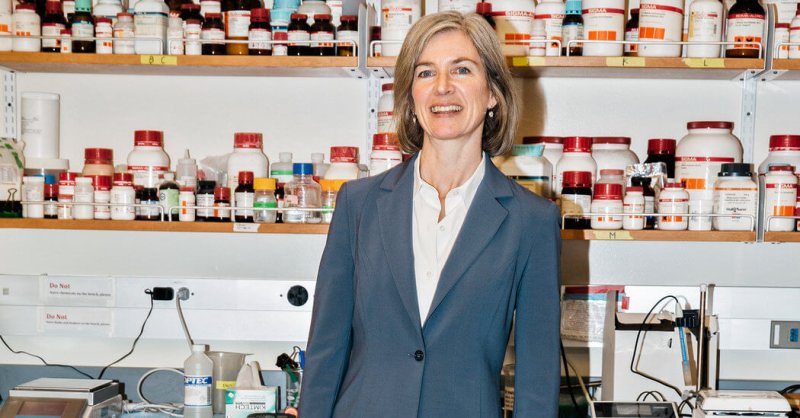Jennifer Doudna wears her responsibility lightly. The scientist who co-discovered Crispr does not appear to be weighed down by the burden of her creation: the revolutionary gene-editing technology that promises to empower humans to control our own genome.
…
Crispr is now the simplest, cheapest and most accurate way to edit our DNA, but its development raises a multitude of moral questions.
…
In November 2018, Doudna received an email from Chinese scientist He Jiankui, saying he planned to announce the birth of Crispr-edited twins at an upcoming conference in Hong Kong. The children were engineered without the knowledge of the international scientific community, whose leading members — among them Doudna — had been pressing for a moratorium on germline editing.
…
Doudna declined to sign another call for a moratorium after the revelation of the Chinese babies, saying that there needs instead to be appropriate regulation of gene editing. In A Crack in Creation, a book she co-authored in 2017, she wondered whether we would ever have the intellectual and moral capacity to make decisions about germline editing. I ask if she still feels that way. “I would say my feeling today is that, like it or not, we’re going to have to figure it out,” she says.































